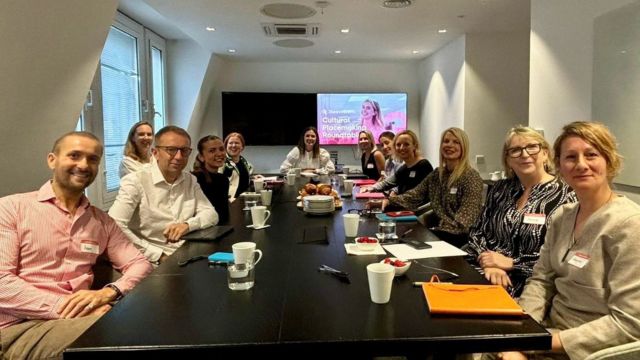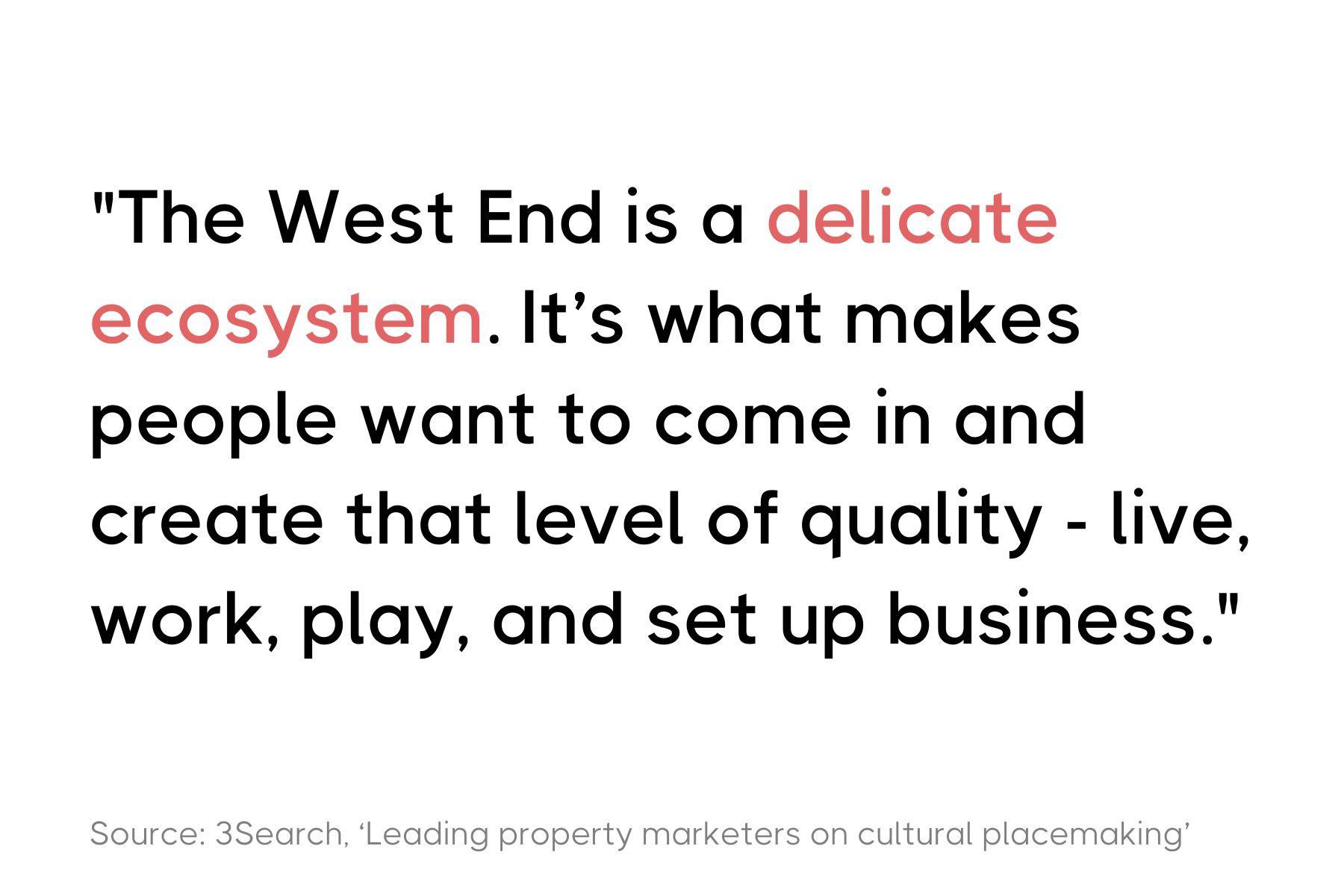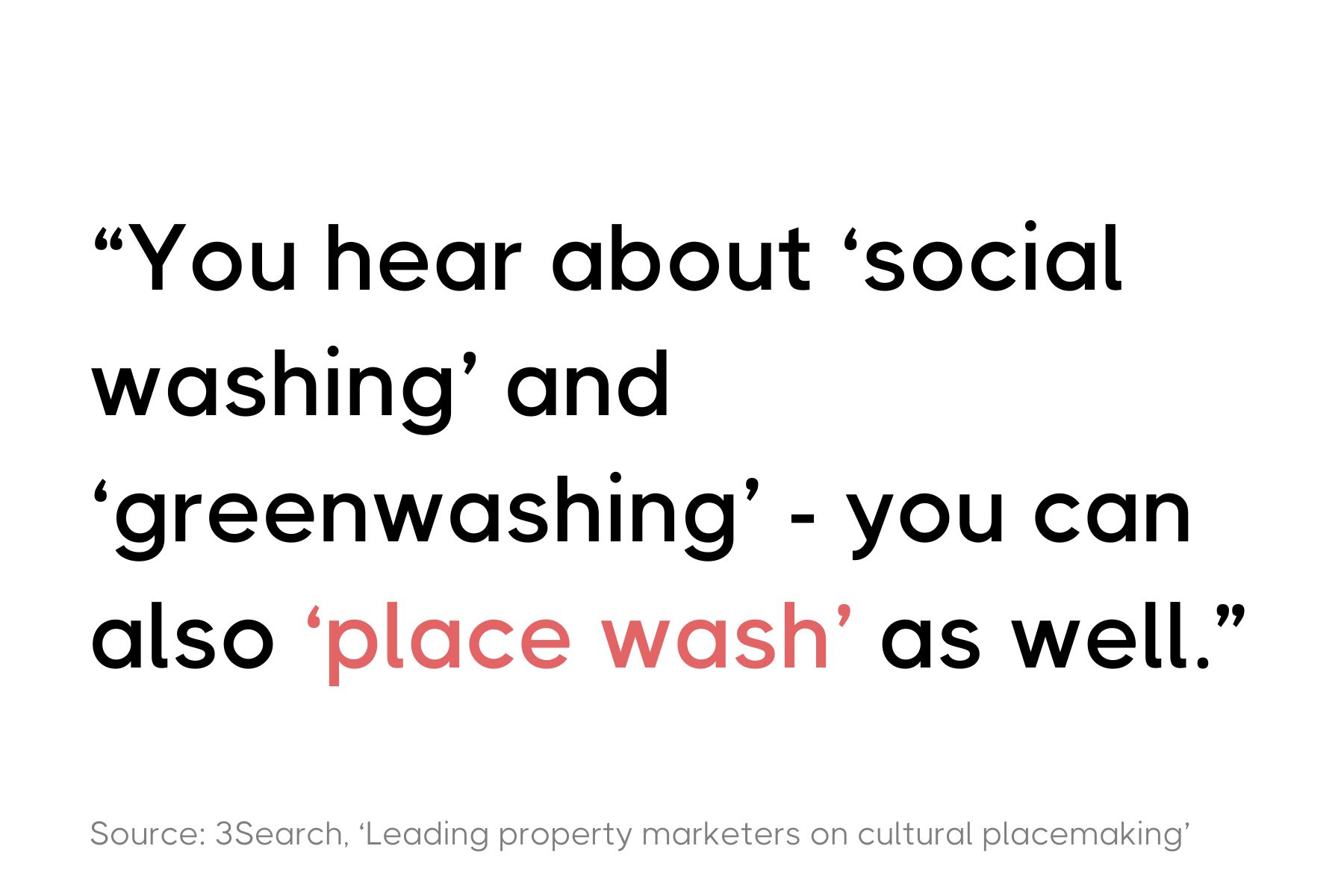Upload Your CV
Send us your CV and a member of the team will be in touch to discuss open opportunities with you.
This article recounts the key insights of our roundtable event exploring placemaking an...

This article recounts the key insights of our roundtable event exploring placemaking and culture. An excellent resource for marketers in the sector interested in the latest trends in placemaking.
On October 9th, 2024, Charlotte Titmuss hosted a roundtable event for leading property marketers. Together they discussed the evolution of placemaking and the role that culture plays within it.
Keep reading for key takeaways from their conversation, including:
The topic of ‘culture’ has been a core talking point of our most recent property events - highlighted as a key trend in placemaking for 2024 and beyond. Our specialist recruitment consultant took the opportunity to explore the topic further with a focussed round table event.
First, the group explored how culture varies in different locations.
In an established location, such as London’s West End, culture is their unique selling point. For years it has been the entertainment hub of the capital – the home to theatre, cinema and artwork.

Naturally, culture sits at the heart of marketing strategies for destinations such as these. One attendee highlighted that they hold a variety of events to target different audiences, encouraging all those who visit to spend more time and money in the local community.
For those creating a development, the challenges of placemaking through culture are different. You need a whole new mindset.
As one attendee noted, in areas where cultural infrastructure might be lacking, it’s essential to create a cultural hub from the outset to attract people and give them a reason to stay. They explained, “People go to work, but they don’t stay in the area. So, there’s a challenge to create something specific for the community—a hook that will draw people in.”
In these cases, property marketers must build a cultural identity from the ground up. In this process there is often a danger that the local community may not engage with cultural initiatives. Placemaking projects can be considered “elitist”. To overcome this stereotype, it’s important to prioritise community engagement. Consultations must be baked into the planning processes to foster a sense of ownership and authenticity.
Community involvement is crucial for several reasons when developing a cultural identity. As one attendee shared, it’s important for marketers in the property industry to not confuse culture with art. Rather culture should focus on the history and the heritage of a place, emphasising the existing sense of community instead of trying to impose a new one.

The attendees suggested a few steps to ensuring that culture is baked into placemaking strategies:
Incorporating the voices of the local community from the outset is essential. Rather than imposing a cultural vision, marketers should collaborate with residents, artists, and business owners to truly understand the area.
Tapping into local stories, landmarks and traditions helps create a sense of place that is grounded in authenticity. Cultural placemaking is most successful when it reflects the true essence of a place.
Building a cultural identity requires sustained investment and a clear vision. Stakeholders often rely on short-term projects - pop-up events or temporary installations - as they require less funding. These may bring attention but fail to create a lasting impression. To build a long-term brand you must ensure your place evolves over time, adapting to the changing needs and interests of the community while remaining true to its core values.
It's important to ensure that all projects for public spaces are aligned with the cultural elements of a place. To make a decision solely on the commercial benefits can fall into the “place-washing” territory.
We want to extend a massive thank you to our community of property marketing leaders for such an insightful morning. We hope you found it as useful as we did.
If you’re interested in joining us next time or thinking about expanding your marketing team, get in touch with our recruitment consultants.